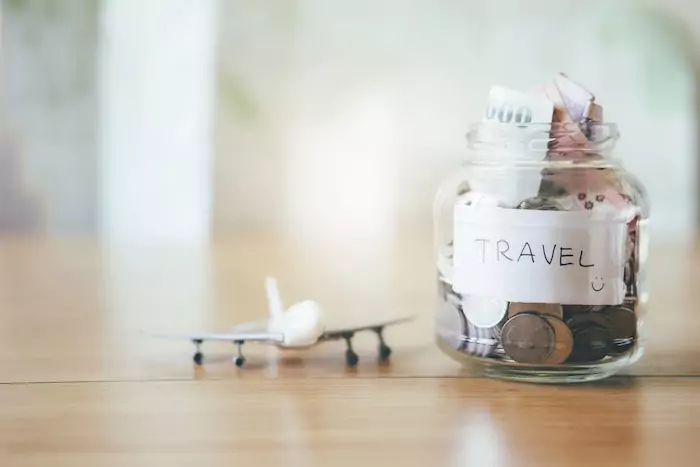Travel can be life-changing and give you unforgettable memories, but managing your money can be an issue, particularly if you are backpacking or working on a tight budget. Keeping your budget in mind when travelling is crucial to ensure you make the most of your experience without overspending. You should know that there are a few steps you can take to help you financially prepare, from saving up before departure to managing your daily spending.
Keep reading to discover practical tips and strategies for sticking to your budget when travelling. These will ensure you enjoy your journey to the fullest without financial stress, whether planning a quick getaway or an extended adventure. These insights will set you up for a more manageable and rewarding travel experience.
How to Successfully Budget When Travelling
Set a Realistic Pre-Travel Budget
Before you set off on your trip, you should create a clear budget. Calculate how much you need to save and work out how long it will take to save this amount to be well prepared. There are many costs to consider, including transport, accommodation, food, visas, and any large activities you have planned.
Track Your Daily Expenses While Travelling
It is very easy to lose track of your daily spending when travelling, but this can see you spend much more than you had planned to. This is why you need to use budget-tracking apps once you’re on the road that will allow you to monitor your real-time spending and see what categories you are spending the most on. You can also use credit cards strategically to handle some expenses abroad. Be sure to look for travel-friendly credit cards with no foreign transaction fees, which can be a helpful backup for emergencies.
Choose Affordable Travel & Accommodation Options
Transport and accommodation are two major and unavoidable costs, but there are always ways to save. Backpackers can save significantly by researching low-cost airlines and rail passes, while hostels and volunteer accommodation can be much more affordable than staying in a hotel. You could also embrace the “slow travel” trend to avoid frequent travel costs and make the most of your time at each destination.
Plan for Unexpected Costs
Anyone who travels regularly will tell you that unexpected costs always arise. You do not want these to drain your finances and change your trip, so you should have an emergency fund you can dip into if required. In addition, ensure that you have adequate travel insurance in place for financial protection and peace of mind.
These financial tips should help you prepare for your trip and avoid encountering difficulties. Money is an important consideration when heading off on a travel adventure, but when you know how to budget and manage your money effectively, you can make the most out of your experience without worrying about finances.
Conclusion
Successfully managing your budget when travelling allows you to enjoy your trip without financial stress. Setting a realistic pre-travel budget, tracking your daily expenses, and opting for affordable travel and accommodation options can ensure your adventure stays enjoyable and cost-effective. Don’t forget to plan for unexpected costs to avoid surprises. With careful preparation and smart choices, you can create unforgettable memories while staying financially secure. Safe travels!

